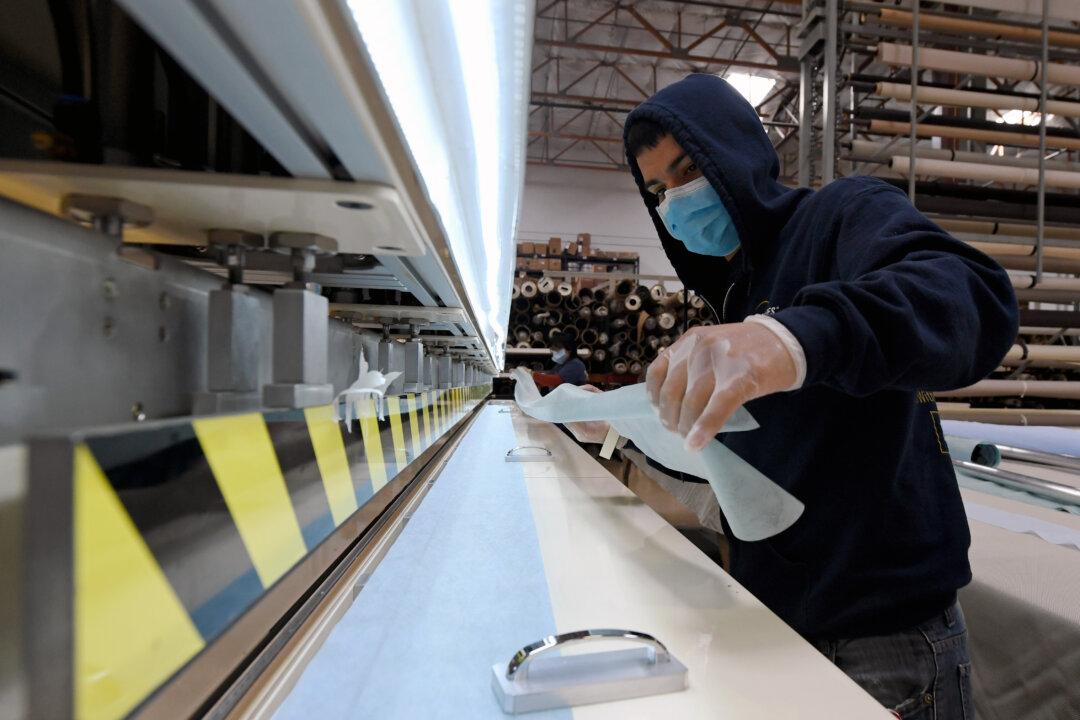The COVID-19 pandemic has highlighted the necessity of having domestic supply chains, clashing with the ideals of globalism, President Donald Trump said on April 19.
“This pandemic has underscored the vital importance of restoring our supply chains and bringing them back into the United States, where they should have never left,” Trump told reporters in Washington, saying that people who think otherwise are globalists.





